Choosing a dental hygiene professional is more than just picking a name from the phone book. It’s about finding someone who truly cares for your oral health and well-being. Your smile deserves the best, and that means selecting a skilled expert who meets your specific needs. With so many options available, it can feel overwhelming to make the right choice. What should you look for? From qualifications to patient experience, several factors are crucial in ensuring you receive top-notch care. Let’s dive into what matters when choosing your next dental hygiene professional—the key elements that can help safeguard your teeth and overall health!
Qualifications and Experience
Qualifications and experience are paramount when selecting a dental hygiene professional. A Dental Hygienist Islington, for instance, needs to complete an accredited program in dental hygiene as required. This ensures they possess the foundational knowledge needed for effective care. Experience plays a crucial role, too. A seasoned hygienist is likely to encounter various cases and challenges daily. Their hands-on skills and ongoing education equip them to handle your specific needs better than someone fresh out of school. Don’t hesitate to ask about their specialities or any advanced training they’ve pursued. Some professionals might focus on areas like pediatric dentistry or periodontal care, allowing you to find someone who aligns perfectly with your situation.
Use of Advanced Technology
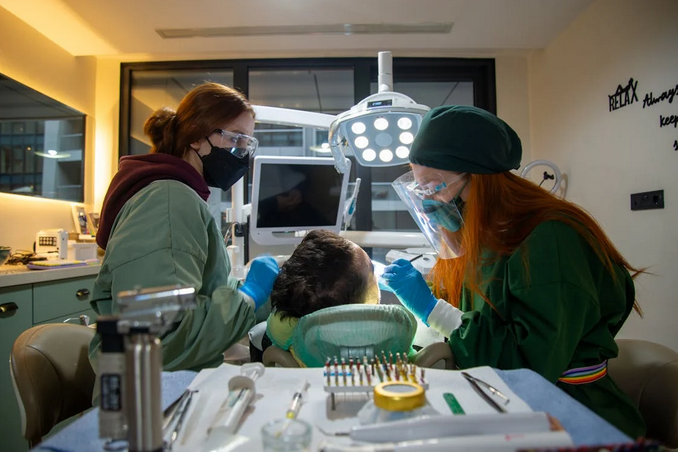
The use of advanced technology can make a significant difference in dental hygiene. State-of-the-art equipment enhances both diagnosis and treatment efficiency. Digital X-rays are one such innovation. They emit less radiation than traditional methods while providing clear images for better assessment. This means your hygienist can spot issues early, leading to more effective care. Intraoral cameras offer another layer of precision. These small devices allow professionals to capture real-time images of your mouth’s interior. You can see what they see, making discussing treatment options more informative and engaging.
Laser dentistry is also transforming the landscape of oral care. It minimizes discomfort and reduces recovery time for various procedures, ensuring a smoother experience overall. Choosing a practitioner who embraces these technologies often translates into higher-quality care tailored to modern needs.
Personalized Patient Care
Personalized patient care is at the heart of adequate dental hygiene. Each individual has unique needs and concerns that deserve attention. When you visit a dental hygienist, they must take the time to understand your specific situation. A good professional will ask questions about your oral health history, lifestyle habits, and any discomfort you may feel during treatments. This tailored approach fosters trust. You’re not just another appointment on their schedule; you’re a valued patient with distinct needs. Additionally, personalized care can lead to better outcomes. When treatments are designed around your preferences and conditions, you’re more likely to adhere to recommendations and maintain optimal oral health.
Clinic Accessibility and Convenience

When choosing a dental hygiene professional, accessibility plays a key role. A conveniently located clinic can make all the difference in keeping those routine appointments. Consider office hours, too. Flexible scheduling allows you to fit visits into your busy life without stress. Look for practices that offer evening or weekend hours. Transportation options matter as well. Is the clinic near public transport? Ample parking space is another bonus, especially if you have family with you. Think about how easy it is to book appointments. Online booking systems simplify scheduling and reduce wait times significantly. These factors combine to create an enjoyable experience when visiting your dental hygienist. You want convenience that keeps your smile bright and healthy without hassle.
Reputation and Patient Reviews
Reputation matters when choosing a dental hygiene professional. It reflects the quality of care you can expect. Look for practitioners who are well-regarded in their community. Patient reviews offer valuable insights into others’ experiences. Check online platforms to gauge satisfaction levels and common feedback themes. Are patients generally happy with their treatment? Do they feel welcomed and comfortable? Consider testimonials that highlight specific aspects of care, like thoroughness or friendliness. A strong track record often indicates a commitment to excellence. Don’t overlook word-of-mouth recommendations from friends and family. Personal referrals can direct you toward skilled professionals who prioritize patient experience.
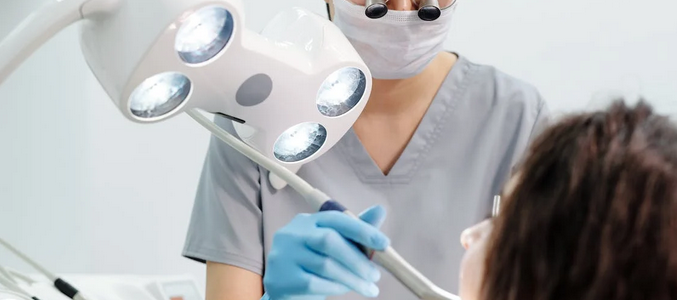
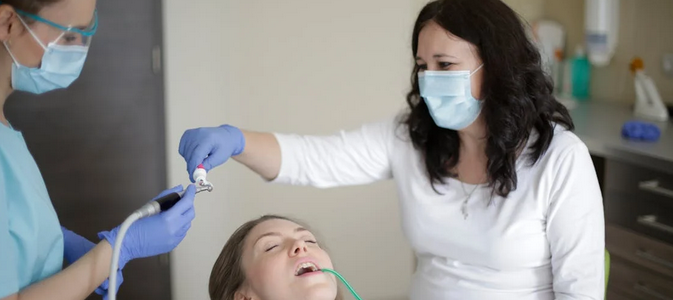
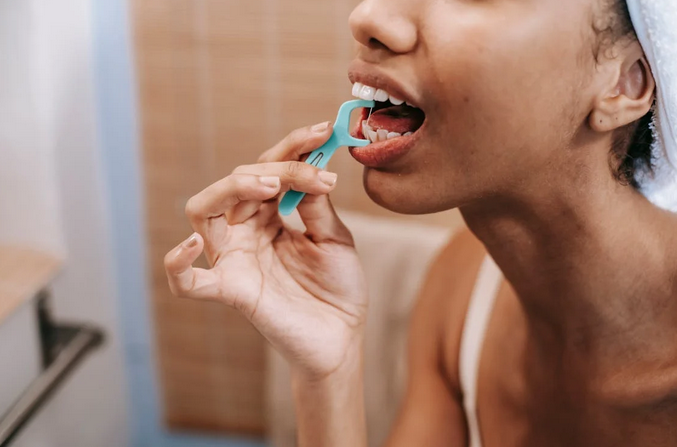


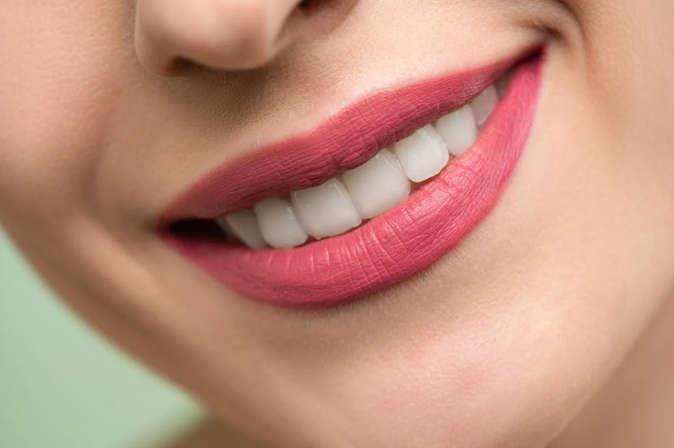







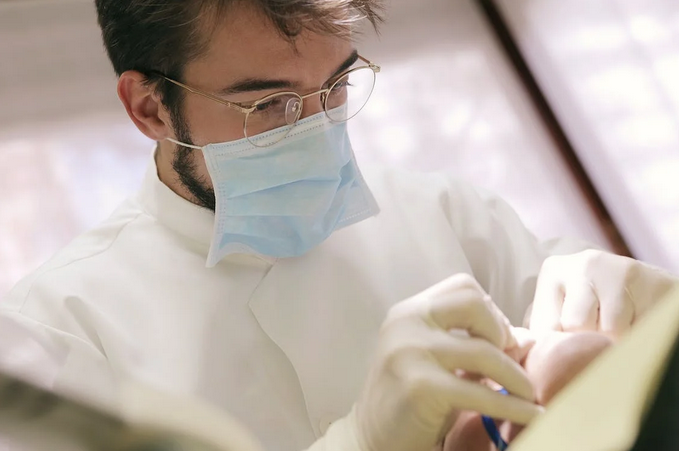



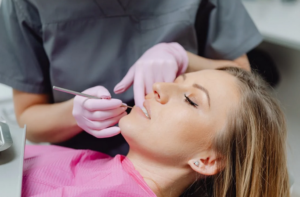 It’s also essential to take care of your oral hygiene while you’re wearing Invisalign braces. This means brushing and flossing your teeth at least twice a day and using an antibacterial mouthwash to keep your mouth clean. If you don’t take care of your teeth, you could end up with cavities or other dental problems. When you’re not wearing your aligners, it’s essential to store them in their case. This will help keep them clean and free of dirt and debris. It’s also a good idea to invest in a travel case for your aligners.
It’s also essential to take care of your oral hygiene while you’re wearing Invisalign braces. This means brushing and flossing your teeth at least twice a day and using an antibacterial mouthwash to keep your mouth clean. If you don’t take care of your teeth, you could end up with cavities or other dental problems. When you’re not wearing your aligners, it’s essential to store them in their case. This will help keep them clean and free of dirt and debris. It’s also a good idea to invest in a travel case for your aligners.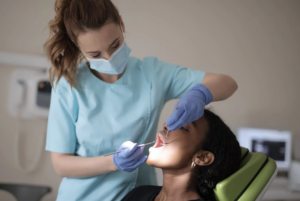 To get the most out of your Invisalign treatment, you need to make sure you’re wearing your aligners for using an antibacterial mouthwash tot least 22 hours per day. This means only removing them to eat, drink or brush your teeth. It’s also essential to clean your aligners regularly, as well as your teeth, to prevent plaque build-up.
To get the most out of your Invisalign treatment, you need to make sure you’re wearing your aligners for using an antibacterial mouthwash tot least 22 hours per day. This means only removing them to eat, drink or brush your teeth. It’s also essential to clean your aligners regularly, as well as your teeth, to prevent plaque build-up.
 Yogurt is a good source of calcium, which is essential for building strong bones. Yogurt contains more calcium than milk! A cup of yogurt provides about 450 mg of calcium. In contrast, a cup of milk only has 300 mg.
Yogurt is a good source of calcium, which is essential for building strong bones. Yogurt contains more calcium than milk! A cup of yogurt provides about 450 mg of calcium. In contrast, a cup of milk only has 300 mg. Yogurt is a good source of probiotics, beneficial bacteria that improve gut health. A healthy gut it essential for preventing digestive problems and maintaining overall health. Probiotics can also help boost the immune system. If you have an excellent immune system, your body will be better able to fight against harmful viruses and bacteria.
Yogurt is a good source of probiotics, beneficial bacteria that improve gut health. A healthy gut it essential for preventing digestive problems and maintaining overall health. Probiotics can also help boost the immune system. If you have an excellent immune system, your body will be better able to fight against harmful viruses and bacteria.

 The key feature of shoes for weightlifters is an elevated heel. During one of the earliest stages of its development, split jerking was quite common for athletes to improve their ability to lift, hold, and stabilize the weight above their head. Split jerking is a body position during the lift when athletes put their right legs one meter behind the left legs while maintaining their balance. At this point, they depend a lot on their left legs that are fully folded to hold the weight. Thus, a pair of shoes with elevated heels is what they need to stabilize their body.
The key feature of shoes for weightlifters is an elevated heel. During one of the earliest stages of its development, split jerking was quite common for athletes to improve their ability to lift, hold, and stabilize the weight above their head. Split jerking is a body position during the lift when athletes put their right legs one meter behind the left legs while maintaining their balance. At this point, they depend a lot on their left legs that are fully folded to hold the weight. Thus, a pair of shoes with elevated heels is what they need to stabilize their body.